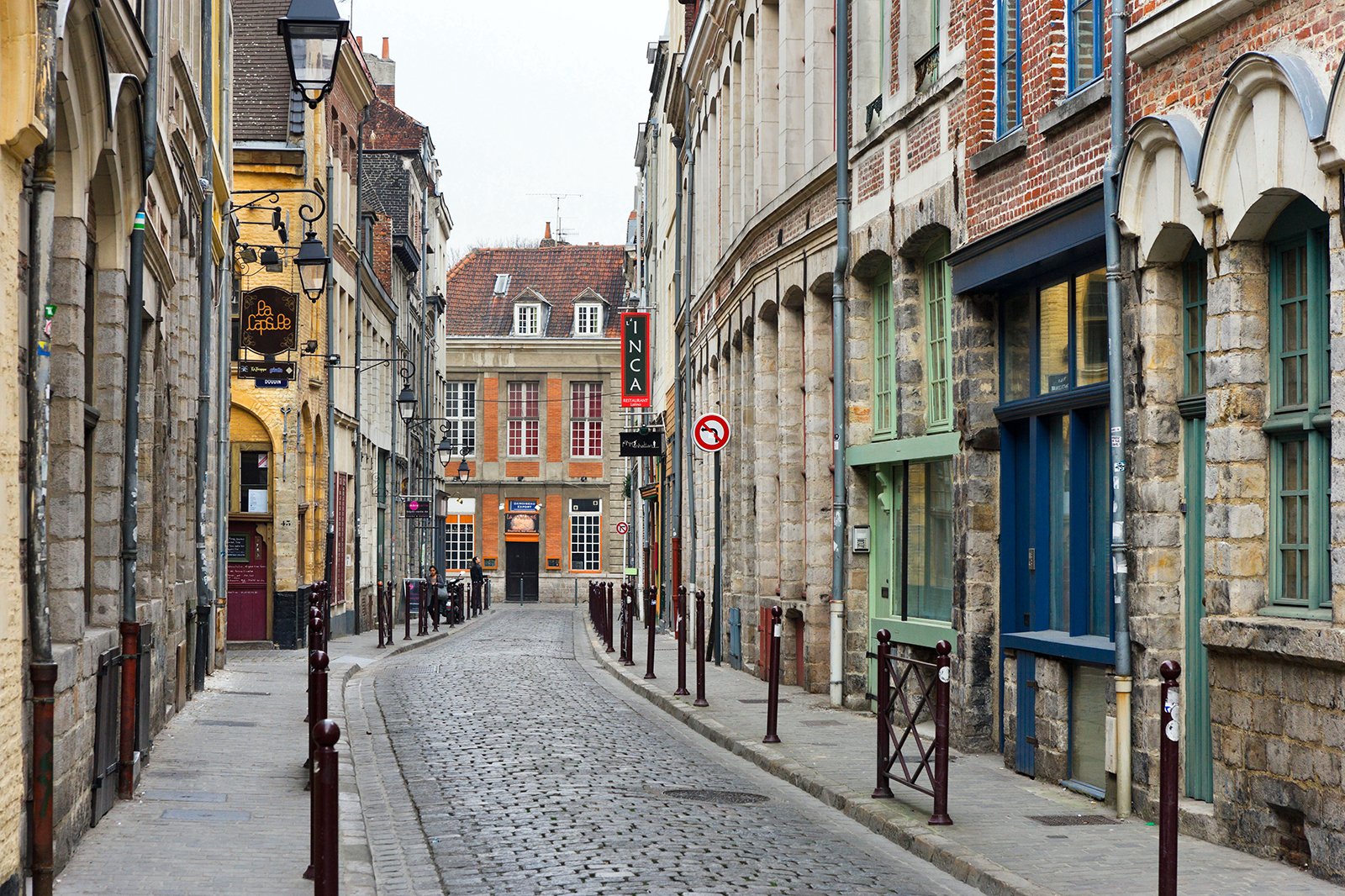Nestled in the northern tip of France, Lille is a city that boasts a rich
tapestry of culture and history. As the host city for the Multinational
Association for Supportive Care in Cancer (MASCC) 2024 annual meeting, Lille
offers more than just a venue for scholarly exchange; it provides a gateway
into the heart of European heritage. This guide will take you through the
cobbled streets of Lille, uncovering its historical significance and cultural
vibrancy.
The Historical Heart of Lille
Lille’s story begins in the 11th century, emerging as a vital
player in the textile industry during the Middle Ages. Its
strategic location made it a coveted prize among nations, changing hands from
the Count of Flanders to Louis XIV, and even falling under siege during the
tumultuous times of the World Wars. Each era left its mark, contributing
to the architectural and cultural mosaic that makes Lille a historical gem.
Architectural Marvels and Landmarks
The city center, recognized as a UNESCO World Heritage Site, is
a testament to Lille’s architectural grandeur. The Grand Place, also
known as Place du Général-de-Gaulle, is the beating heart of the city, where
historical buildings tell tales of a bygone era. Notably, the Vieille
Bourse, a former stock exchange, is an exquisite example of Renaissance
architecture, while the Rang du Beauregard is a row of 17th-century houses that
exude old-world charm.
Cultural Capital of Northern France
In 2004, Lille was crowned the European Capital of Culture, a
title that heralded a renaissance for the city. This accolade brought
significant investment, transforming Lille into a cultural hub that rivals the
most renowned cities in Europe. Today, Lille is celebrated for its
museums, such as the Palais des Beaux-Arts, which houses a collection second
only to the Louvre in Paris.
A Melting Pot of Art and Expression
Lille’s commitment to the arts is evident in its vibrant music scene, art
galleries, and theaters. The Opera House, a beacon of cultural expression,
hosts performances that range from classical to contemporary. The
LAM, Lille’s modern art museum, showcases a brilliant collection of 20th and
21st-century art, reflecting the city’s embrace of both tradition and
innovation.
Festivals and Celebrations
The city’s calendar is dotted with festivals that celebrate everything from
art to gastronomy. Lille 3000, an art bonanza held every 18
months, is a six-month-long celebration of themed events that transform the
city into a canvas of creativity. Additionally, La
Braderie, an annual street festival, is a tradition that dates back centuries,
drawing visitors from across the globe.
The Culinary Delights of Lille
Lille’s gastronomic landscape is as diverse as its cultural one. From cozy
bistros serving traditional French fare to high-end restaurants offering
innovative cuisine, the city caters to all palates. The local markets, such as
the Wazemmes market, are a feast for the senses, offering fresh produce,
cheeses, and regional specialties.
Lille’s Living Legacy
As a city that has continually reinvented itself, Lille represents
resilience and renewal. Its historic center, once marred by war
and industrial decline, now stands proudly, having undergone a heroic
restoration that began in the 1960s. The arrival of the
high-speed train connected Lille to the rest of Europe, further cementing its
role as a cultural crossroads.
Conclusion
Lille is a city where history whispers from every corner, and culture
flourishes on every street. It is a place where the past and present coalesce,
creating a dynamic atmosphere that is both inspiring and welcoming. As MASCC
2024 attendees prepare to converge on this historic city, they can look forward
to not only an enriching conference experience but also an exploration of
Lille’s cultural and historical treasures.
As we delve into the essence of Lille, let us remember that it is not just
the grandeur of its landmarks or the richness of its museums that define this
city. It is the spirit of Lille—the warmth of its people, the vibrancy of its
streets, and the legacy of its past—that makes it a destination worth
discovering. May your visit to MASCC 2024 be complemented by the discovery of
Lille, a city that stands as a testament to the enduring power of culture and
history.

Comments
Post a Comment